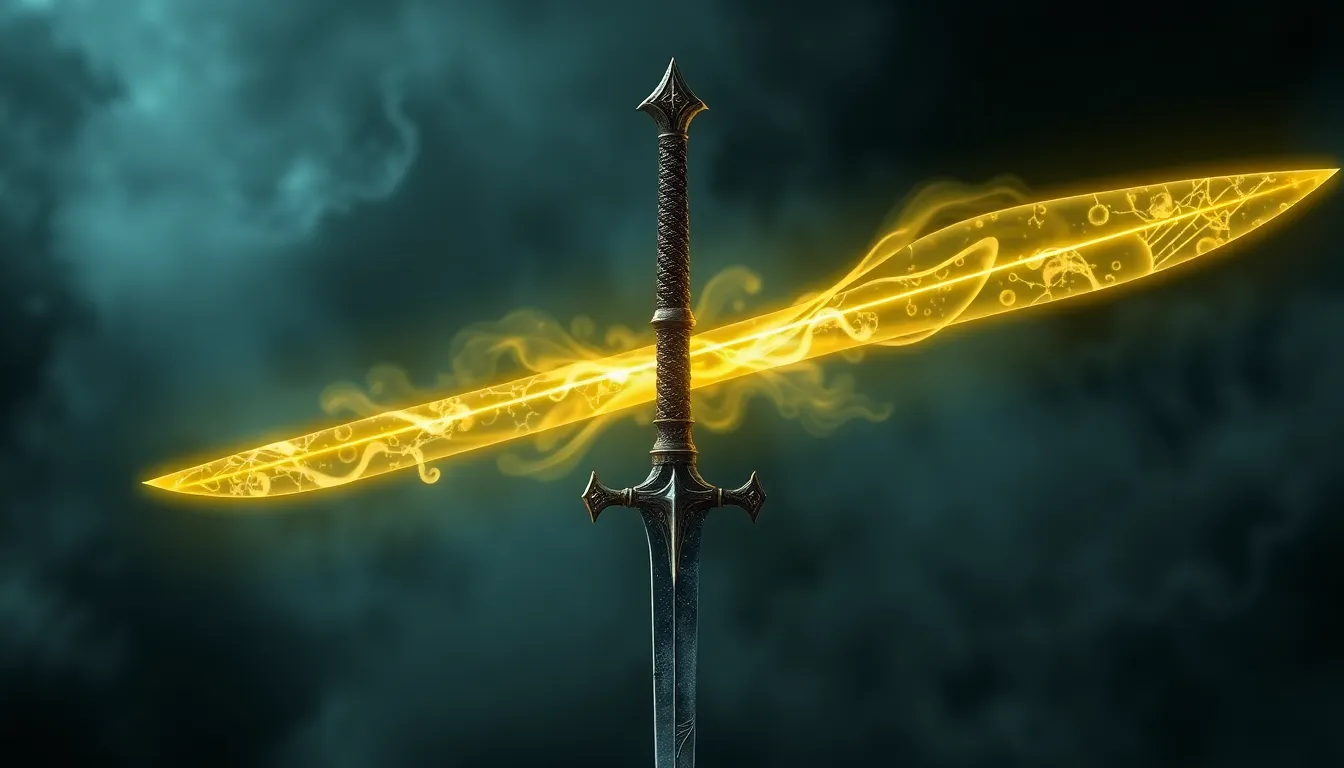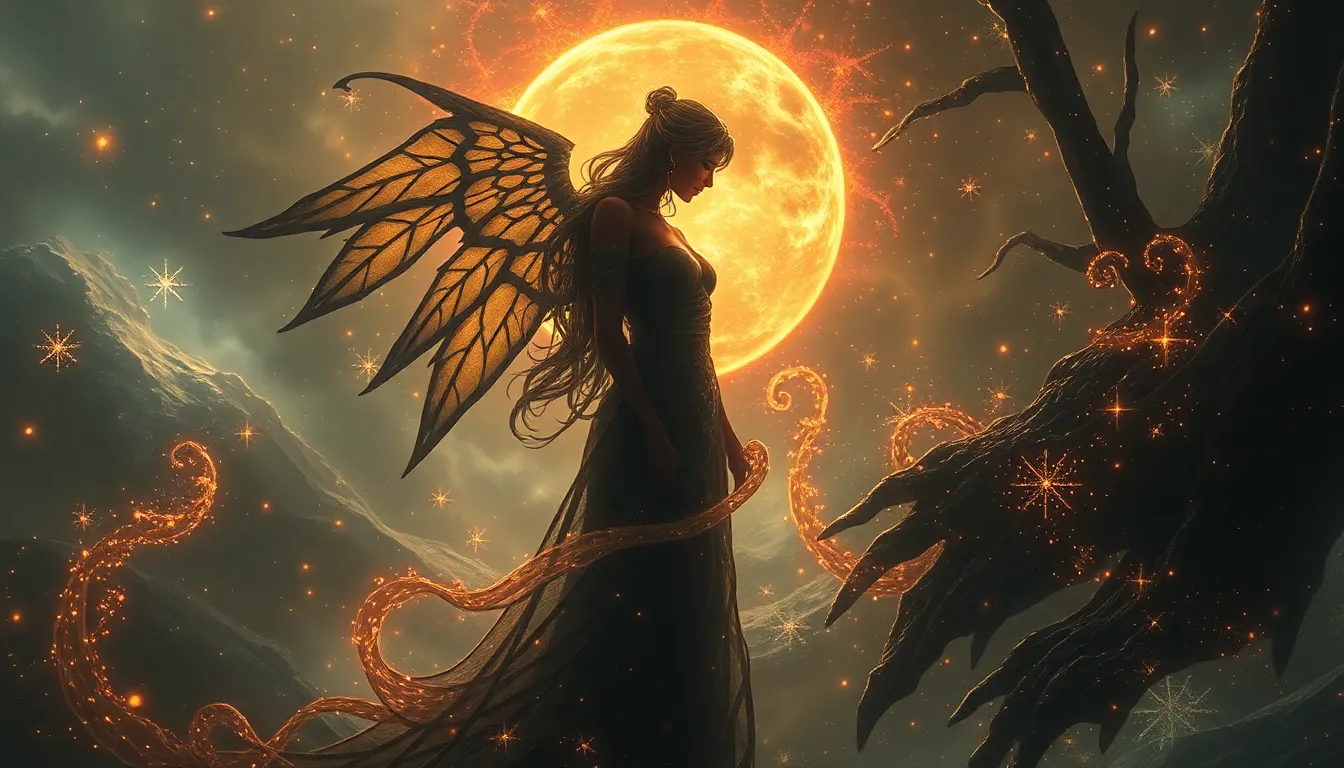I. Introduction
Polynesia, a vast region of the Pacific Ocean, is home to a rich and diverse tapestry of cultures steeped in ancient traditions and beliefs. Among these traditions, Polynesian mythology holds a profound influence on traditional medicine, shaping its practices and beliefs. This article explores the intricate interplay between Polynesian mythology and traditional medicine, revealing the enduring legacy of these ancient beliefs in the health and well-being of Polynesian communities.
II. The Importance of Mythology in Polynesian Culture
In Polynesian cultures, mythology serves as a foundational pillar, providing a comprehensive narrative that explains the origins of the world, the nature of humanity, and the role of the supernatural. These myths are not merely stories but are considered sacred accounts that guide behavior, rituals, and beliefs, including those related to health and healing.
III. The Creation of the World and the Role of Gods and Ancestors
Polynesian mythology often revolves around the creation of the world by powerful gods or ancestors. These deities are believed to possess supernatural abilities and knowledge, including the power to heal and protect. In many Polynesian cultures, the supreme god is responsible for creating the world and humans, while lesser gods or ancestors are associated with specific aspects of life, such as health, childbirth, or agriculture.
VI. Natural Elements and Their Spiritual Significance
In Polynesian mythology, natural elements such as water, fire, earth, and air are believed to possess spiritual qualities and healing powers. Water is often associated with purification and renewal, while fire is seen as a transformative force that can both destroy and heal. Earth is revered as the source of sustenance and stability, and air represents the breath of life and the connection to the divine.
VII. Plants and Herbs as Medicine and Offerings
Polynesian mythology recognizes the healing properties of various plants and herbs. Plants are believed to be imbued with supernatural energy and are used to treat a wide range of ailments. They are also used as offerings to the gods and ancestors, as a means of showing gratitude and seeking their favor.
VIII. Tattoos and Body Modification as a Connection to the Divine
Tattoos and body modifications hold deep cultural and spiritual significance in Polynesian societies. They are not merely adornments but are believed to connect the wearer to the supernatural realm. Tattoos often depict mythological figures, symbols, and patterns, and are thought to provide protection, healing, and mana (spiritual power).
IX. Rituals and Ceremonies for Healing and Well-being
Polynesian mythology prescribes various rituals and ceremonies for healing and well-being. These ceremonies include chants, prayers, offerings, and dances, and are believed to invoke the aid of supernatural beings and restore balance to the body and mind. Healing rituals often involve the use of traditional medicine, herbal remedies, and spiritual guidance from healers or priests.
X. Conclusion: The Enduring Legacy of Polynesian Mythology in Traditional Medicine
The influence of Polynesian mythology on traditional medicine is evident in the beliefs, practices, and rituals that continue to shape the health and well-being of Polynesian communities. From the role of gods and ancestors to the significance of natural elements, plants, and body modifications, mythology provides a profound framework for understanding and addressing illness and disease. The enduring legacy of Polynesian mythology in traditional medicine is a testament to the interconnectedness of culture, spirituality, and health in Polynesian societies.
FAQ
Q: What is the significance of the supernatural in Polynesian mythology?
A: Supernatural beings, such as gods, ancestors, and spirits, play a central role in Polynesian mythology, influencing health, healing, and well-being.
Q: How are natural elements incorporated into Polynesian medicine?
A: Natural elements, such as water, fire, earth, and air, are believed to possess spiritual qualities and healing powers, and are used in rituals and remedies.
Q: What role do tattoos play in Polynesian mythology and health?
A: Tattoos are not just adornments but are believed to connect the wearer to the supernatural realm, providing protection, healing, and mana (spiritual power).
Q: How does Polynesian mythology inform healing rituals and ceremonies?
A: Polynesian mythology prescribes rituals and ceremonies, such as chants, prayers, offerings, and dances, which are believed to invoke supernatural aid and restore balance to the body and mind.



